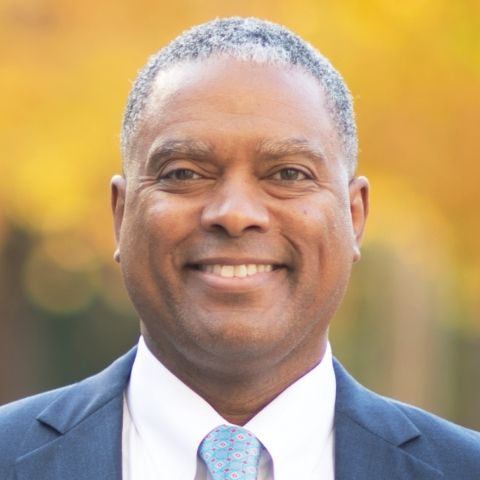

Publisher
Journal of Law and Social Change Online
Date
2022-4-1
Between 1994 and 2021, the battle in Washington to strip and then reinstate Federal Pell Grant Program eligibility for students inside U.S. prisons was driven by narrative shifts and various political stakeholders, including the White House, Congress, and criminal justice reform advocates.
A fundamental question about the role of prison lies at the core of this debate: is it designed for punishment or rehabilitation? Policymakers who prioritize punishment support the “undeserving criminal” narrative: once someone is convicted of a crime and sent to prison, that individual should not receive support for college education through a Pell grant. In contrast, policymakers who believe in rehabilitation support the “second chance student” narrative: an incarcerated person should remain eligible for a Pell grant.
Citation
Gerard Robinson, From “Undeserving Criminals” to “Second Chance Students”: Pell Grant Eligibility and Incarcerated Students, Journal of Law and Social Change Online (April 1, 2022).